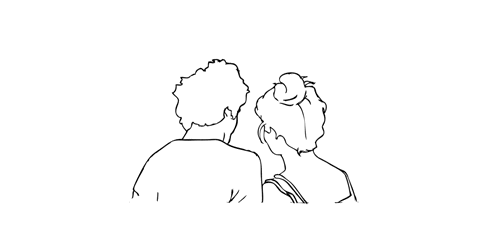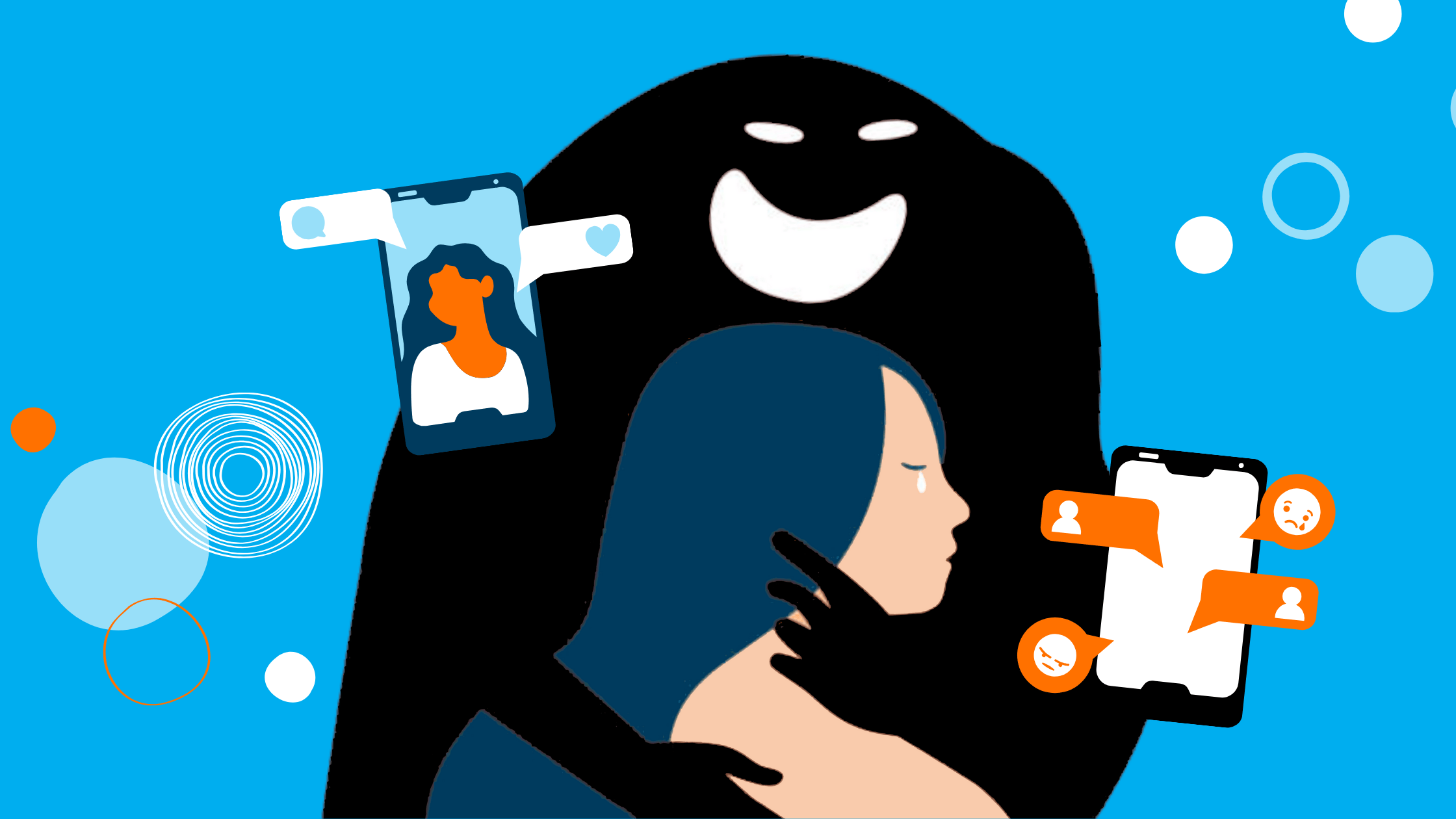Online grooming, sextortion, cyber-harassment and dissemination of non-consensual intimate images (NCII)… We all know these can be acts of online child sexual abuse but did you know that adults are not the only ones capable of doing these things? Whether intentional or not, children and young people can also be perpetrators, especially with increased exposure to online pornography, the rise of sexting among youth and the absence of a digital consent culture.
I have personally heard several cases of how the perpetrator was a boyfriend, classmate, schoolmate, basically someone of their age group. One case that has stayed with me is the story of a girl I knew, Annie, which helped me understand the urgent need for all of us to practice digital consent culture.

The story of Annie
Annie was in a four-year relationship with her boyfriend, John. One day, John asked for Annie’s nudes. Apparently, his friends were making fun of their relationship for being “too innocent” and John was embarrassed. Not wanting her boyfriend to be further mocked, they started sexting.
Fast forward to their breakup – despite promises to delete everything, John decides to spread Annie’s pictures to his friends and other chat groups. Annie was laughed at in school.
Everyone kept sharing and forwarding her photos.
What the law says about sexting
Under the law, taking, receiving and sharing sexual images of yourself or others is a crime in Malaysia. This act is considered child sexual abuse material (formerly known as child pornography) and is regarded as an act of online child sexual abuse under the law.
This is governed by several key legislations, including the Penal Code, Sexual Offences against Children Act 2017 (SOAC), Communications and Multimedia Act 1998 (CMA), as well as the Child Act 2001 and the Child (Amendment) Act 2016. Penalties for violation of these laws can include imprisonment, hefty fines, or both.
Read more about what our law says here.
What happened to Annie

Annie’s pictures got so widespread that the other schools knew. Words such as “hooker” and “dirty” were used to describe Annie. This has caused her to become extremely anxious and unfocused, affecting her studies. She also stopped attending any social events because she was afraid of being noticed.
After secondary school, Annie immediately moved to a new state for college. She felt unsafe. Everywhere she went, people were always whispering behind her back. The guys were catcalling or giving her suggestive looks whenever she stepped out.
The after-effects of online child sexual abuse

The effects of online child sexual abuse, even if it’s committed by a child, can be equally devastating. Online child sexual abuse can affect a person’s wellbeing, mental health, confidence, relationships and sense of safety.
When I recently checked in on Annie, she had confided in me that she now has a fear of getting into relationships as she has developed trust issues.
Though it happened 8 years ago, the impacts are still real to her.
Hearing Annie’s story, I could not help but reflect on the glaring absence of digital consent culture in our society.
We need a strong digital consent culture
There is a common misunderstanding that consent only applies during sex when actually consent applies to everything! Because consent means getting a voluntary, clear and enthusiastic agreement from someone.

Want to borrow a eraser from your seatmate? You ask for consent. Want to come to your friend’s house to hang out? You ask for consent. Want to share a picture of your friend online? You also ask for consent!
Consent is about respecting a person’s boundaries. And everyone’s boundaries are different, even in the digital space. That is why it is so important for us to communicate with each other and ask for consent.
If you would like to know more about digital consent culture and its importance, this video has a really good explanation about it!
Resources for victims and survivors of online child sexual abuse
If you or someone you know is experiencing online child sexual abuse, you may report to the following platforms:
a) IWF Malaysia Reporting Portal
Website: https://report.iwf.org.uk/my_en/
b) Talian Kasih
24/7 Crisis Hotline: 15999
WhatsApp 019 26 15999
c) CYBER 999
Download the app or file an online complaint: https://www.mycert.org.my/
Hotline (office hours only): 1-300-88-2999
Emergency Line (24 hours): 019-266 5850
SMS Report: 15888
E-mail: cyber999@cybersecurity.my
You may also choose to lodge a police report but do have an adult you can trust to accompany you. If you are in need of mental health support, here are a few helplines and resources that you can look into.




